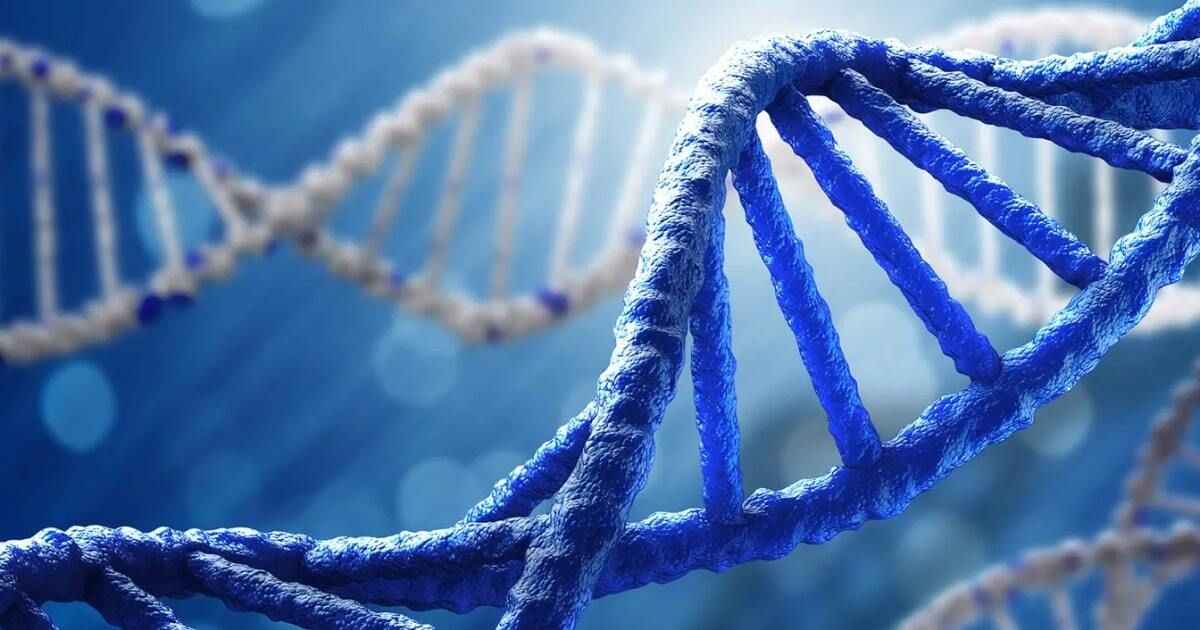Decoding the Enigma of Mitochondrial Disorders: A Guide to Diagnosis and Genetic Testing

Expert Reviewed By: Dr. Brandon Colby MD
Understanding the complexities of mitochondrial disorders can be challenging, but advances in genetic testing have made it possible to identify and diagnose these conditions more accurately. Mitochondrial disorders are a group of diseases caused by defects in the assembly or maturation of the respiratory chain complexes. These defects can lead to a wide range of symptoms and health issues, making it essential for individuals and families affected by these disorders to have access to accurate information and diagnostic tools.
Understanding Mitochondrial Disorders
Mitochondria are the powerhouse of the cell, responsible for producing energy in the form of adenosine triphosphate (ATP). The respiratory chain complexes are a series of protein complexes that play a crucial role in the process of cellular respiration, which ultimately generates ATP. When there is a defect in the assembly or maturation of these complexes, it can lead to a mitochondrial disorder.
There are several types of mitochondrial disorders, and they can present with a wide range of symptoms. Some common symptoms include muscle weakness, neurological problems, heart disease, and liver dysfunction. The severity of symptoms can vary greatly between individuals, and the age of onset can range from infancy to adulthood. This variability in presentation makes diagnosing mitochondrial disorders particularly challenging.
Diagnosing Mitochondrial Disorders
Diagnosing a mitochondrial disorder typically involves a combination of clinical evaluation, laboratory testing, and imaging studies. A thorough medical history and physical examination are essential for identifying any signs and symptoms that may suggest a mitochondrial disorder. Laboratory tests, such as blood tests and muscle biopsies, can provide further information about the functioning of the mitochondria and the respiratory chain complexes.
Imaging studies, such as magnetic resonance imaging (MRI) and magnetic resonance spectroscopy (MRS), can also be helpful in identifying abnormalities in the brain and other organs that may be affected by a mitochondrial disorder. However, these tests can be inconclusive, and a definitive diagnosis often requires genetic testing.
The Role of Genetic Testing in Mitochondrial Disorders
Genetic testing has become increasingly important in the diagnosis and management of mitochondrial disorders. There are several ways that genetic testing can be helpful for individuals with suspected mitochondrial disorders:
Confirming a Diagnosis
Genetic testing can help to confirm a suspected diagnosis of a mitochondrial disorder by identifying the specific genetic defect responsible for the condition. This can provide valuable information for both the affected individual and their family, as it can help to guide treatment decisions and provide insight into the potential risk of the disorder being passed on to future generations.
Identifying Carrier Status
In some cases, individuals may be carriers of a genetic mutation that can cause a mitochondrial disorder without actually having the disorder themselves. Genetic testing can help to identify carrier status, which can be important for family planning and understanding the risk of passing the mutation on to future generations.
Guiding Treatment Decisions
Identifying the specific genetic defect responsible for a mitochondrial disorder can help to guide treatment decisions. In some cases, targeted therapies may be available that can help to address the underlying genetic defect and improve symptoms. Additionally, knowing the specific genetic cause of a mitochondrial disorder can help to inform decisions about other treatments, such as dietary modifications or supplements, that may be beneficial for managing the condition.
Providing Prognostic Information
Genetic testing can also provide valuable prognostic information for individuals with mitochondrial disorders. By identifying the specific genetic defect responsible for the condition, healthcare providers can gain a better understanding of the likely course of the disorder and provide more accurate information about the expected progression of symptoms and potential complications.
In conclusion, genetic testing plays a crucial role in the diagnosis and management of mitochondrial disorders due to defects in the assembly or maturation of the respiratory chain complexes. By providing accurate information about the specific genetic cause of the disorder, genetic testing can help to guide treatment decisions, inform family planning, and provide valuable prognostic information for affected individuals and their families.
About The Expert Reviewer
Dr. Brandon Colby MD is a US physician specializing in the personalized prevention of disease through the use of genomic technologies. He’s an expert in genetic testing, genetic analysis, and precision medicine. Dr. Colby is also the Founder of and the author of Outsmart Your Genes.
Dr. Colby holds an MD from the Mount Sinai School of Medicine, an MBA from Stanford University’s Graduate School of Business, and a degree in Genetics with Honors from the University of Michigan. He is an Affiliate Specialist of the American College of Medical Genetics and Genomics (ACMG), an Associate of the American College of Preventive Medicine (ACPM), and a member of the National Society of Genetic Counselors (NSGC)